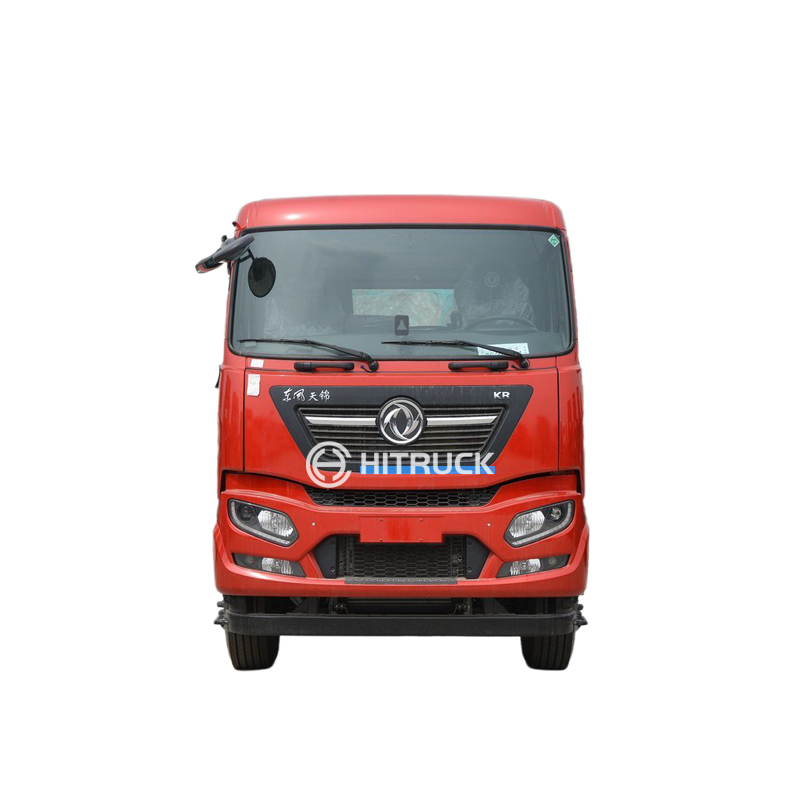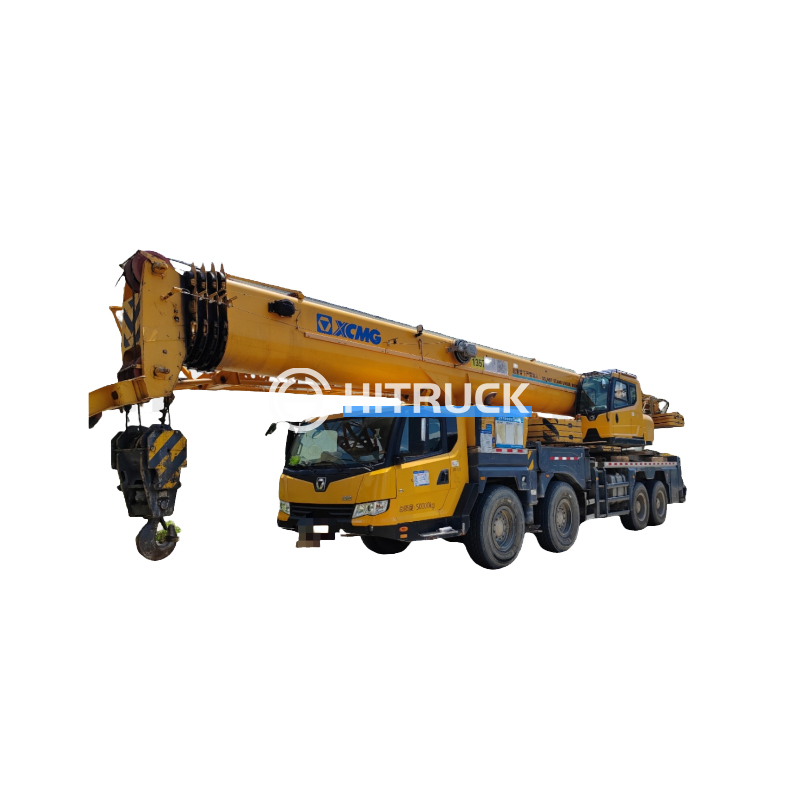This comprehensive guide explores the world of GJJ tower cranes, providing insights into their selection, operation, and safety considerations. We'll cover key features, specifications, and factors to consider when choosing the optimal crane for your project needs. Learn how to navigate the complexities of GJJ tower crane technology and ensure a safe and efficient construction process.
GJJ tower cranes are a type of construction crane widely used in China, adhering to the standards set by the General Administration of Quality Supervision, Inspection and Quarantine of the People's Republic of China (AQSIQ). These cranes are known for their reliability and adaptability to various construction projects. The specifications outlined by the GJJ standards ensure high levels of safety and performance. When choosing a GJJ tower crane, understanding these standards is crucial to selecting a model that meets the specific demands of your project.
GJJ tower cranes boast a range of features, including varying lifting capacities, boom lengths, and hoisting speeds. These specifications are meticulously detailed in the GJJ standards and vary significantly between models. Selecting the right crane requires careful consideration of these factors based on the anticipated load and height requirements of your project. Factors such as the terrain and the type of construction project also heavily influence the choice of GJJ tower crane.
Several crucial factors need careful consideration when choosing a GJJ tower crane. These include the project's specific lifting capacity requirements, the maximum height needed, the boom length, and the frequency of operation. Additionally, you should consider the crane's footprint, its compatibility with the construction site’s infrastructure, and the availability of qualified operators. Proper planning is essential to ensure efficient and safe operation.
The GJJ standards encompass various types of tower cranes, each designed for specific applications. These may include top-slewing cranes, luffing jib cranes, and hammerhead cranes, each possessing unique strengths and limitations. The choice will ultimately depend on your project’s unique needs. Consulting with experienced professionals in the field can help determine which type of GJJ tower crane best suits your project's requirements.
Operating a GJJ tower crane requires strict adherence to safety regulations and procedures. Regular inspections, maintenance, and operator training are essential to minimize risks. Understanding and implementing these safety measures is paramount to ensuring the well-being of all personnel involved in the construction project. Always prioritize safety above all else.
Regular maintenance and inspections are critical to the longevity and safe operation of a GJJ tower crane. These preventative measures help identify potential issues before they escalate into major problems. A well-maintained crane is a safer crane. Schedule regular maintenance checks according to the manufacturer’s recommendations, and always ensure qualified personnel conduct these inspections.
Choosing a reputable supplier is crucial for acquiring high-quality GJJ tower cranes and ensuring access to reliable after-sales service and support. Thorough research and careful evaluation of potential suppliers are essential. Consider factors such as their reputation, experience, and customer reviews when making your decision. For heavy-duty equipment and related needs, consider exploring options from reputable companies like Suizhou Haicang Automobile sales Co., LTD.
| Feature | GJJ Tower Crane A | GJJ Tower Crane B |
|---|---|---|
| Lifting Capacity | 10 tons | 16 tons |
| Max. Height | 50m | 70m |
| Boom Length | 40m | 55m |
Note: This table provides a simplified comparison. Actual specifications vary greatly depending on the manufacturer and model. Always consult the manufacturer's specifications for accurate data.












